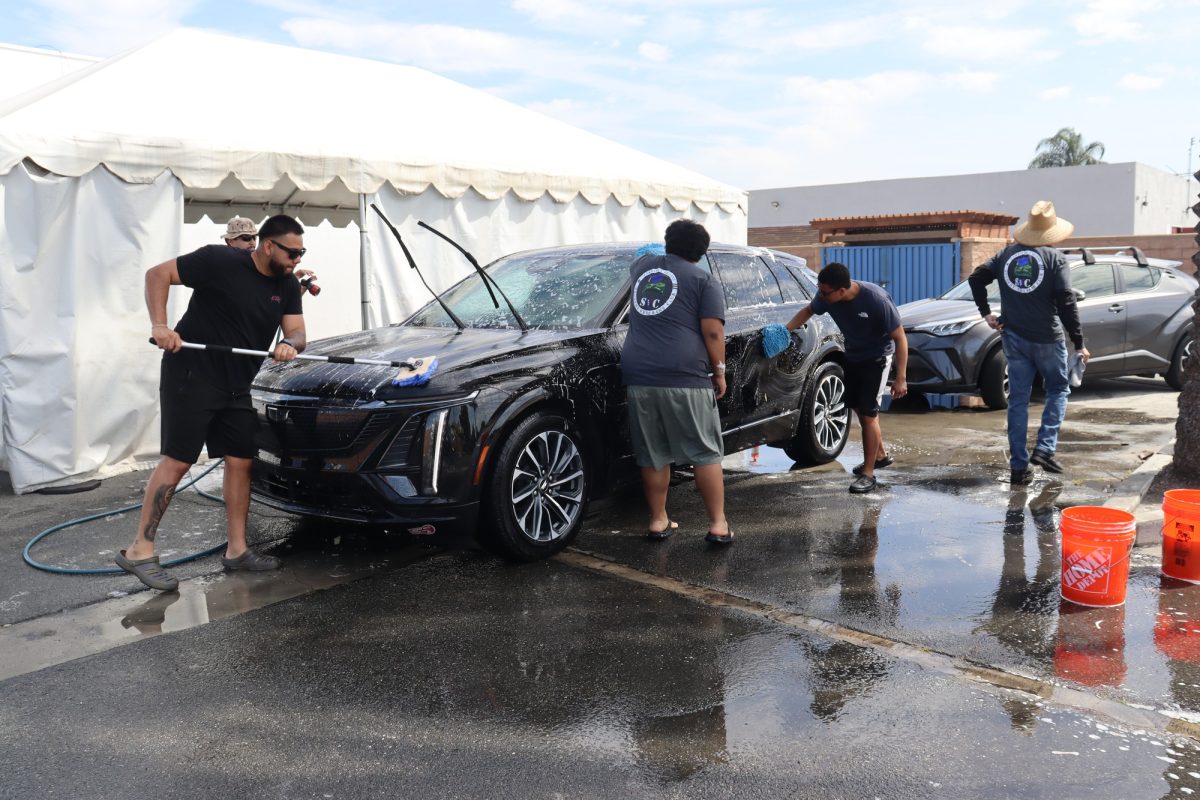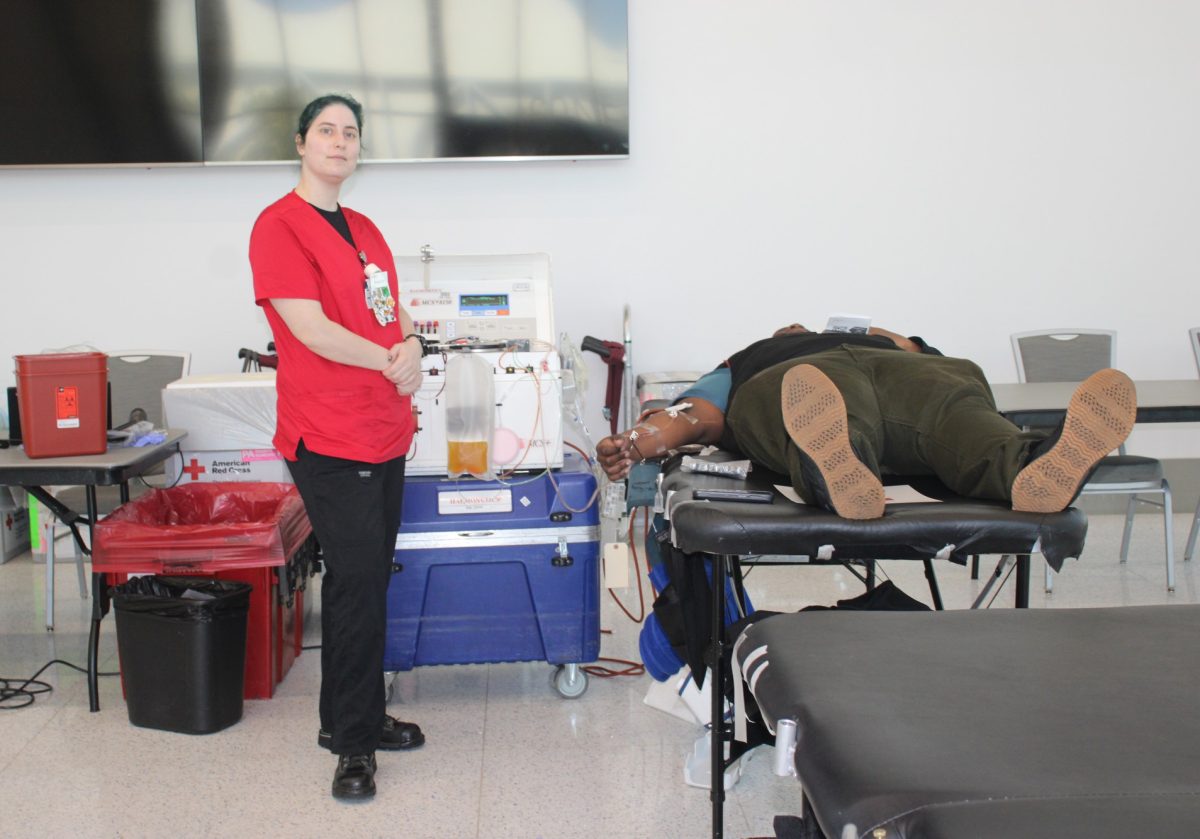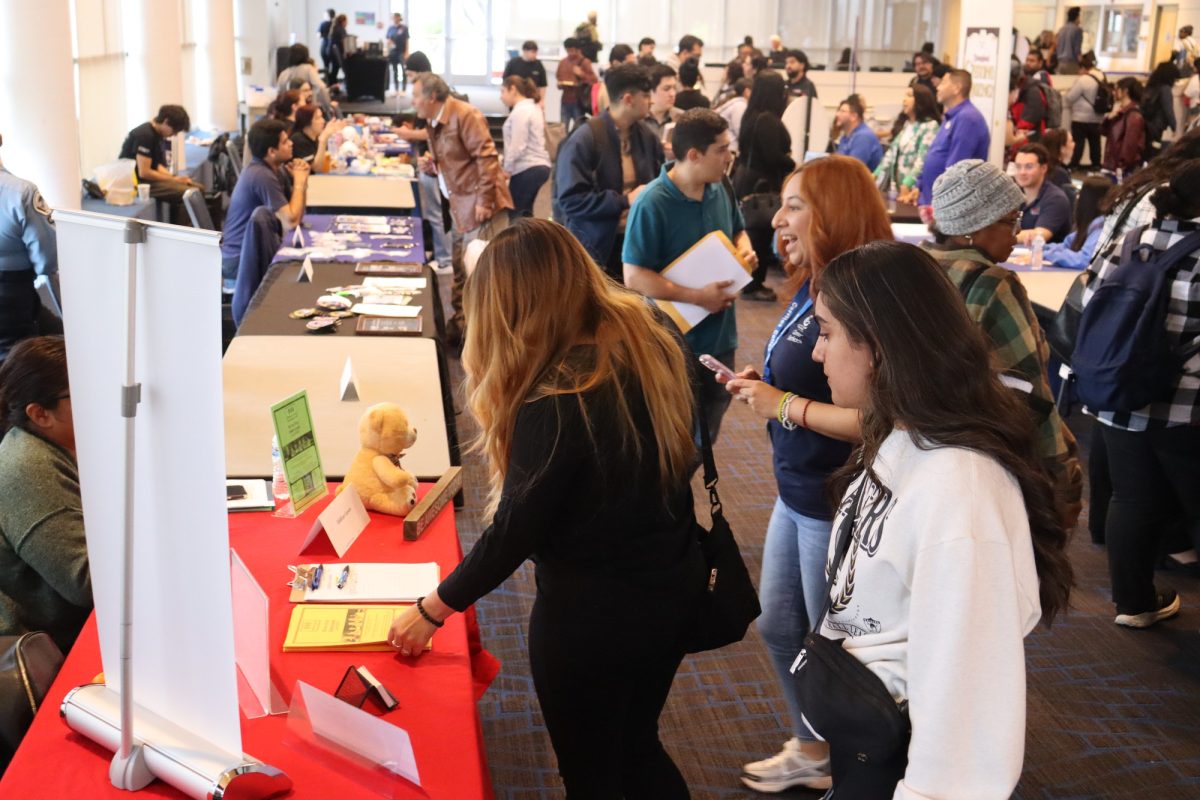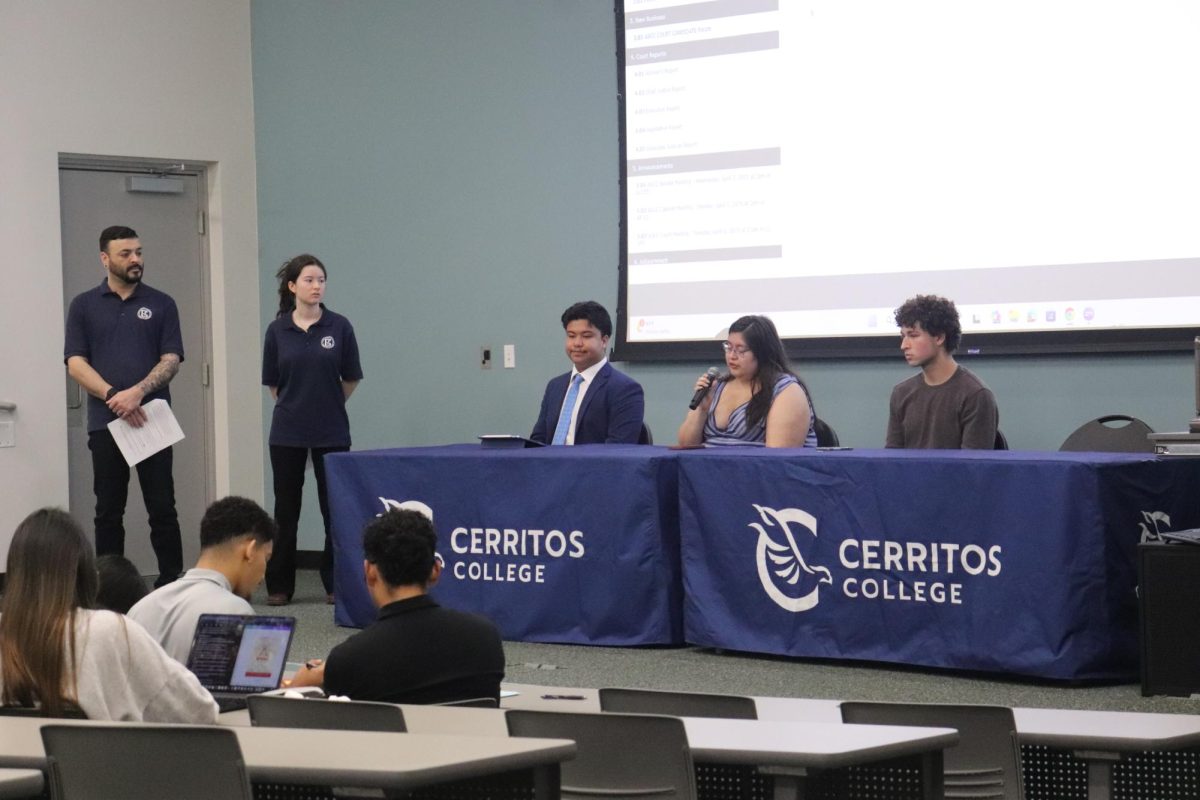What happens if a student gets expelled from another college for misconduct and enrolls into another college? Is the college then notified about the student’s record?
According to Title IX Coordinator Dr. Valyncia Raphael, the answer is no, unless the student themselves choose to disclose said information.
Raphael states, “Student conduct records are protected by the Family Educational Rights and Privacy Act and so student record are considered private so it is protected by law so we can’t make disclosures, if the person gives a waiver to that then we can notify another school but unless there’s an educational need to know that information wouldn’t be shared with another school.”
Cerritos College nor “schools that receive funds under an applicable program of the U.S. Department of Education” can publicly disclose information about a student’s disciplinary records due to FERPA.
Raphael states, in her opinion, the issue that may occur with making student records public information, “we can put it [their record] on their transcript and everywhere they go, it follows them and so if someone does want to do better and I’m not talking about someone who is trying to be tricky about it.’
“If someone is like, ‘okay, you know, I did this thing, I was held accountable, I learned my lesson, now I want to start over and do the right thing but now I can’t because no school will take me because of my actions.’
“That’s a factor in thinking about, okay, well is that what we want? And I think as an education system we have to think about that.”
Dean of Student Services Elizabeth Miller states, “We can’t automatically let them go or take action against them just cause we learned they had a prior record.’
“Because community colleges are open access we’re here to help students, even after they’ve had a negative past.’
“It’s a challenge all community colleges deal with is like supporting someone who might have been a perpetrator in the past but yet keeping the campus safe.’
“exceptions to that might be if there is someone who was a victim of the perpetrator on the campus there we might explore based on remedies that might be allowed under Title IX.’
“If there’s restrictions based on what classes to be in, we want to protect the victim, number one, to make sure they don’t share a class or if there’s any issues with walking past or time of day.’
“We would look into that so it’s very case by case but if we know there’s a victim on campus and a perpetrator might be looking to come or accused we would take steps to try and protect the victim.”
There are no classes or training on campus available to students who have committed acts of sexual harassment or sexual misconduct.
Miller advises, “If there are students that are ever concerned or if they hear of someone who is sharing something that they, if someone says ‘well I was suspended because I did something in the past.’ that comes up, we don’t know if it’s true or not.’
“If they’re ever concerned they can see myself or Dr. Raphael, whether they want to report something about themselves or they’re just seeking where they can get resources.”










